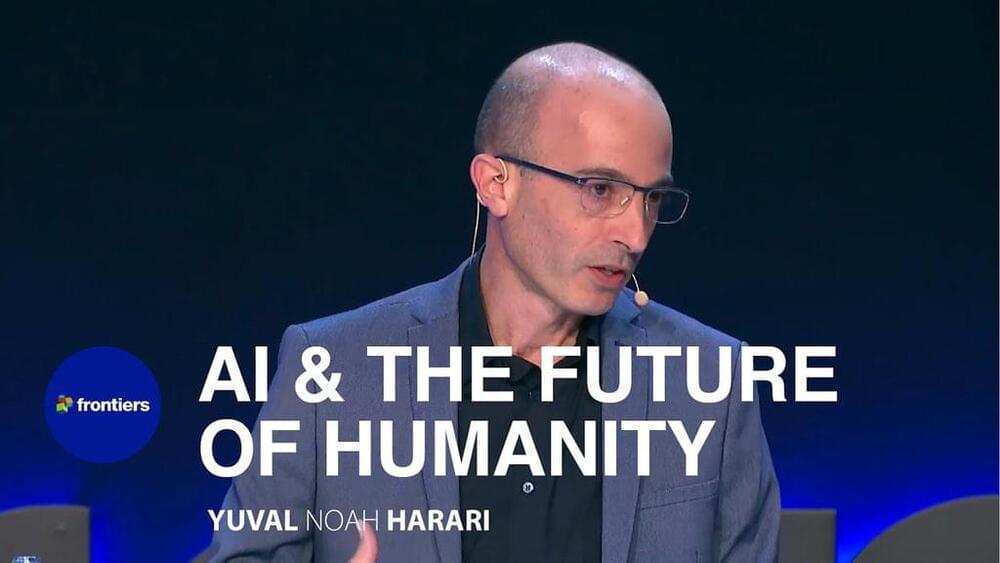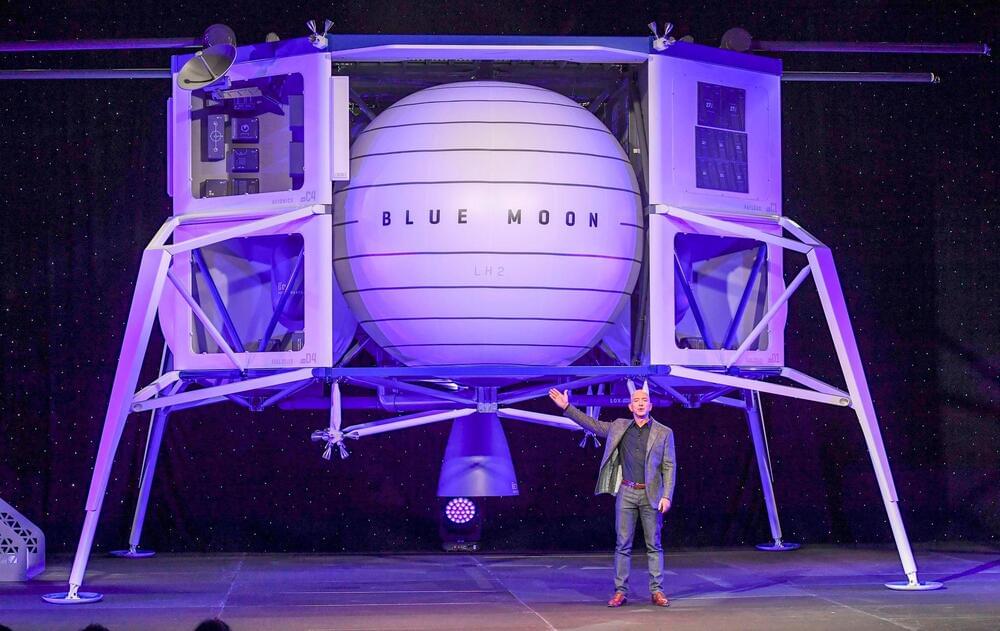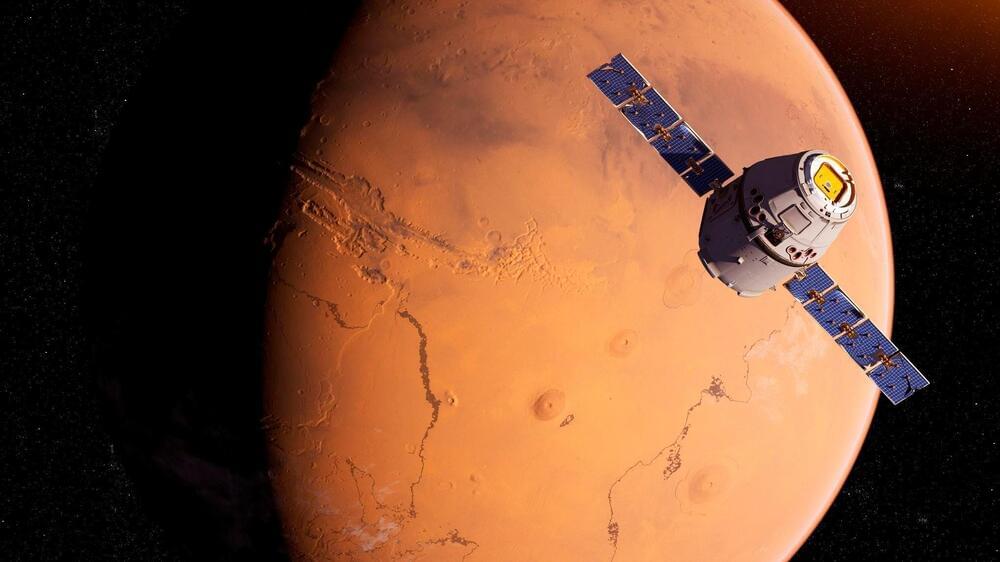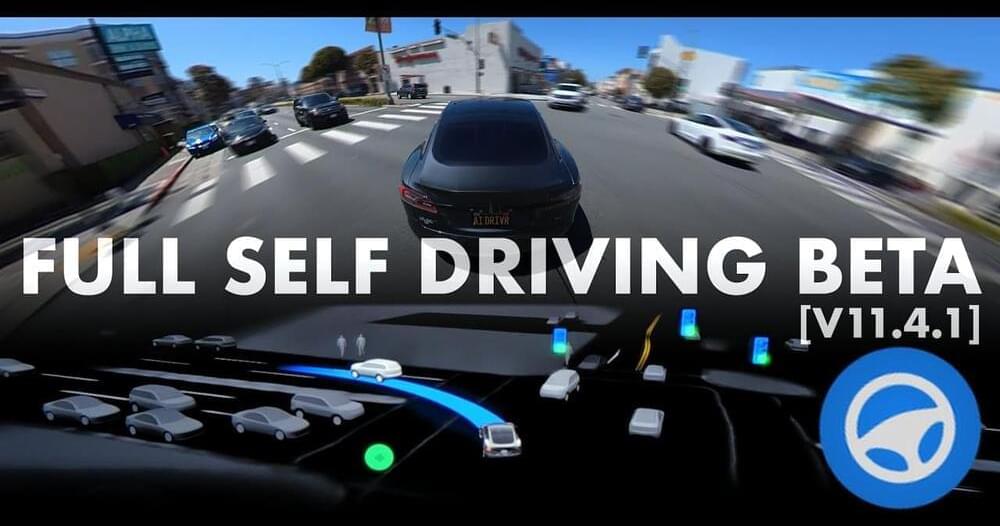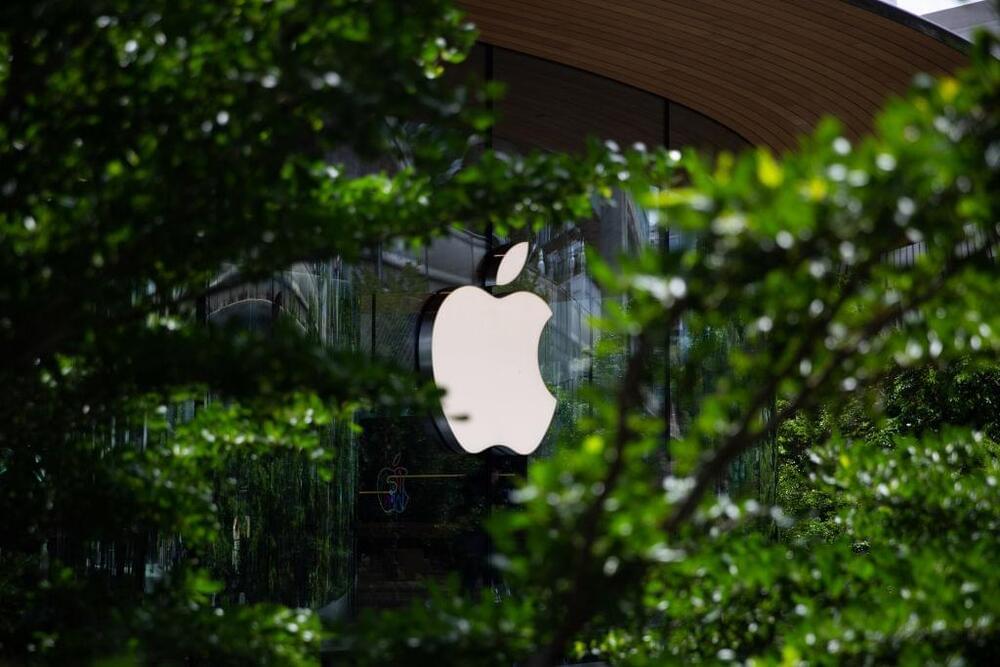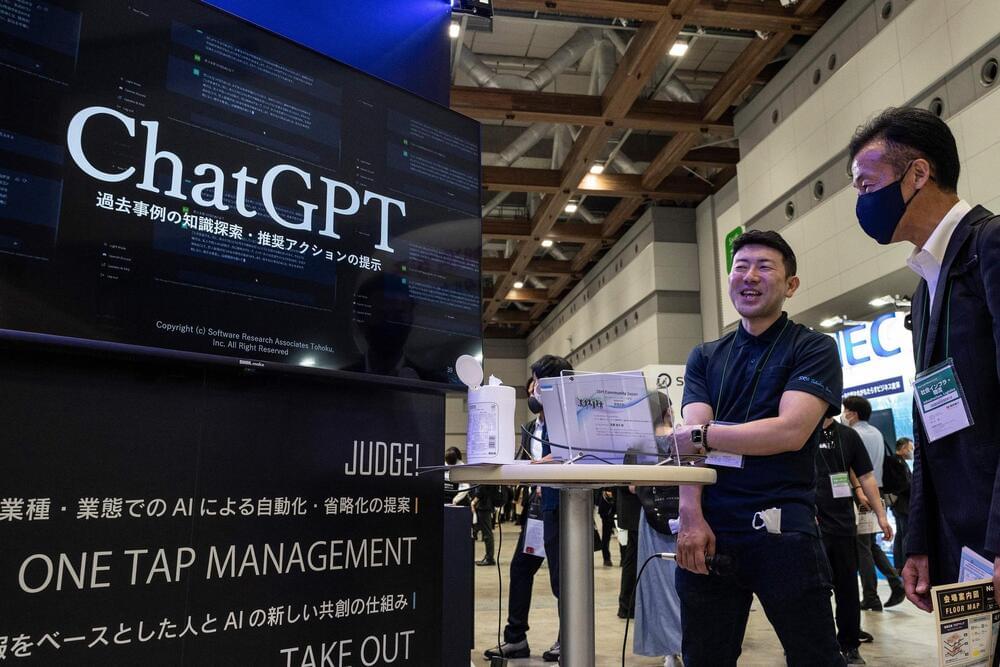
Our technological age is witnessing a breakthrough that has existential implications and risks. The innovative behemoth, ChatGPT, created by OpenAI, is ushering us inexorably into an AI economy where machines can spin human-like text, spark deep conversations and unleash unparalleled potential. However, this bold new frontier has its challenges. Security, privacy, data ownership and ethical considerations are complex issues that we must address, as they are no longer just hypothetical but a reality knocking at our door.
The G7, composed of the world’s seven most advanced economies, has recognized the urgency of addressing the impact of AI.
To understand how countries may approach AI, we need to examine a few critical aspects.
Clear regulations and guidelines for generative AI: To ensure the responsible and safe use of generative AI, it’s crucial to have a comprehensive regulatory framework that covers privacy, security and ethics. This framework will provide clear guidance for both developers and users of AI technology.
